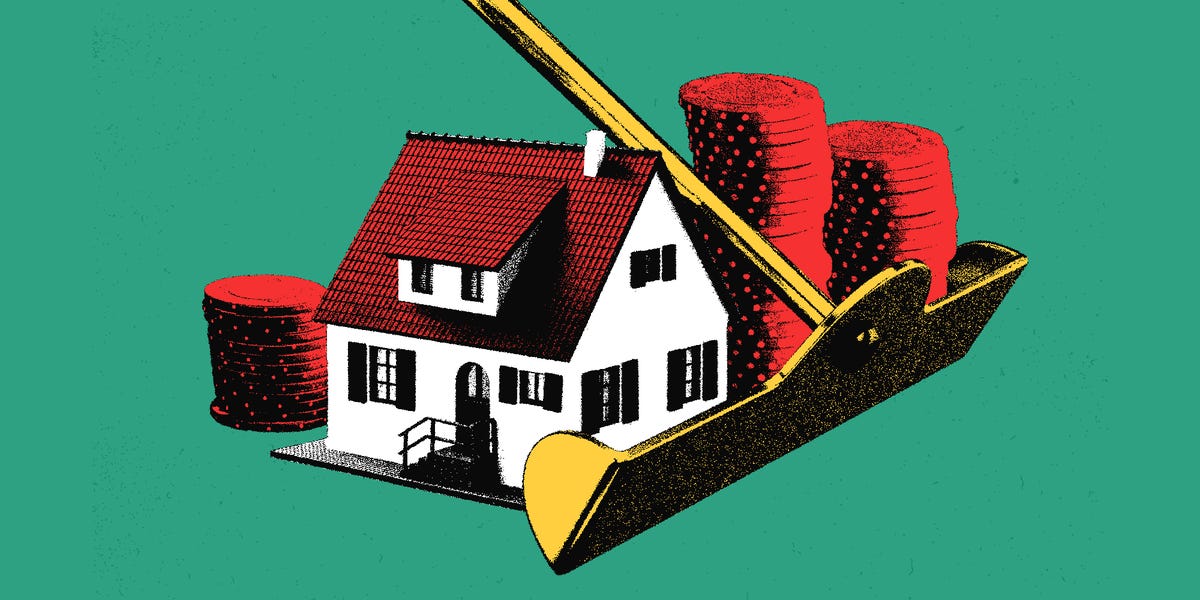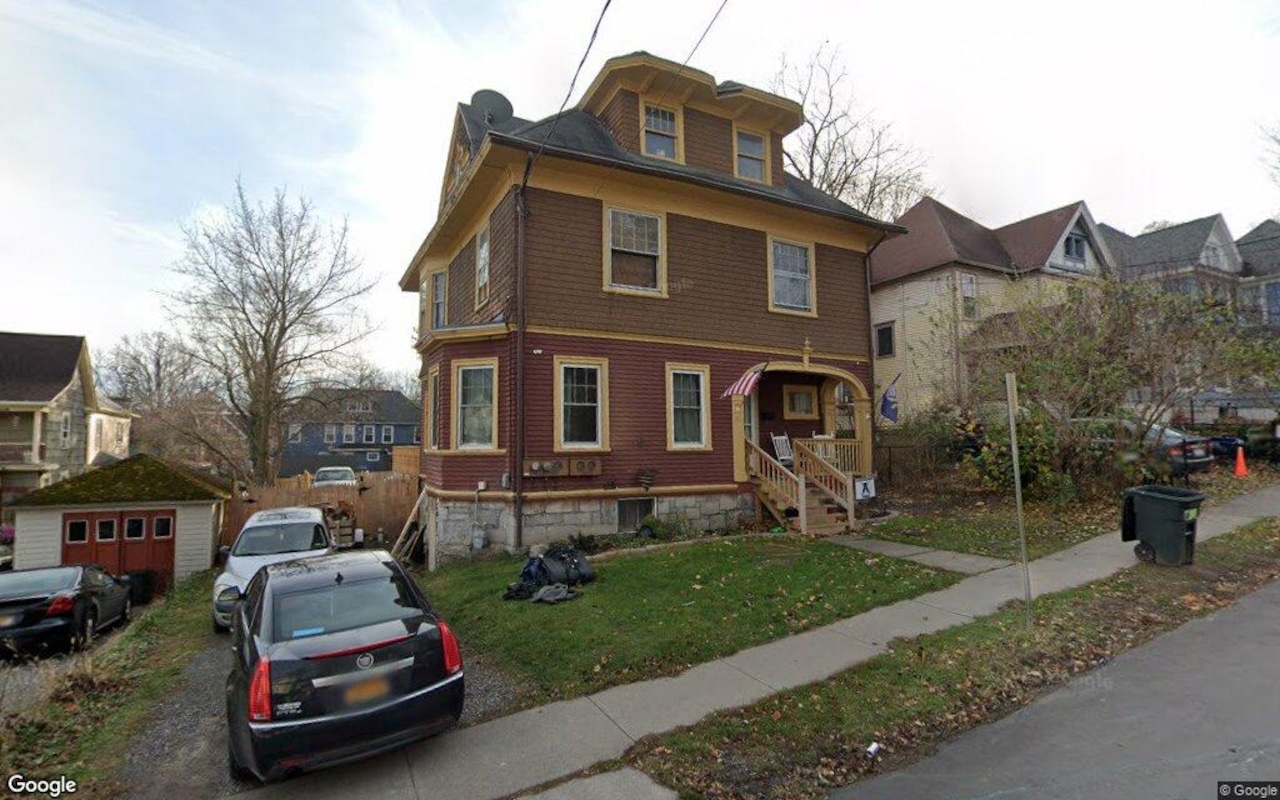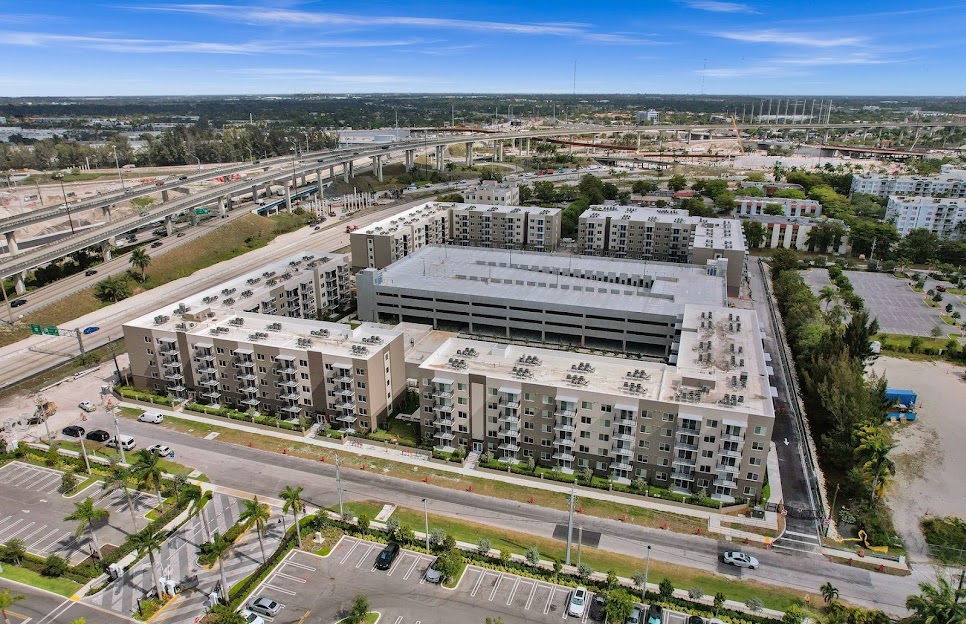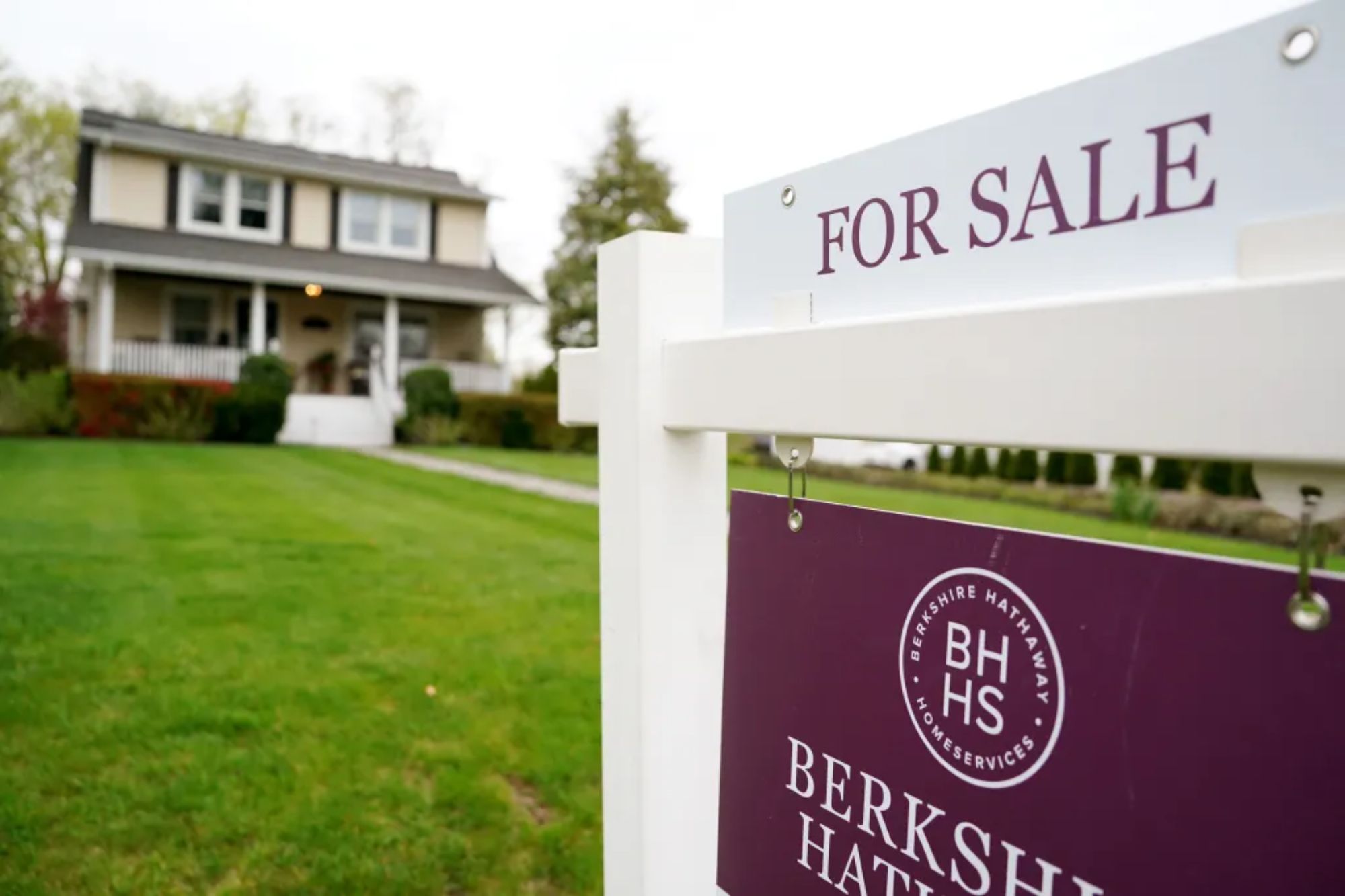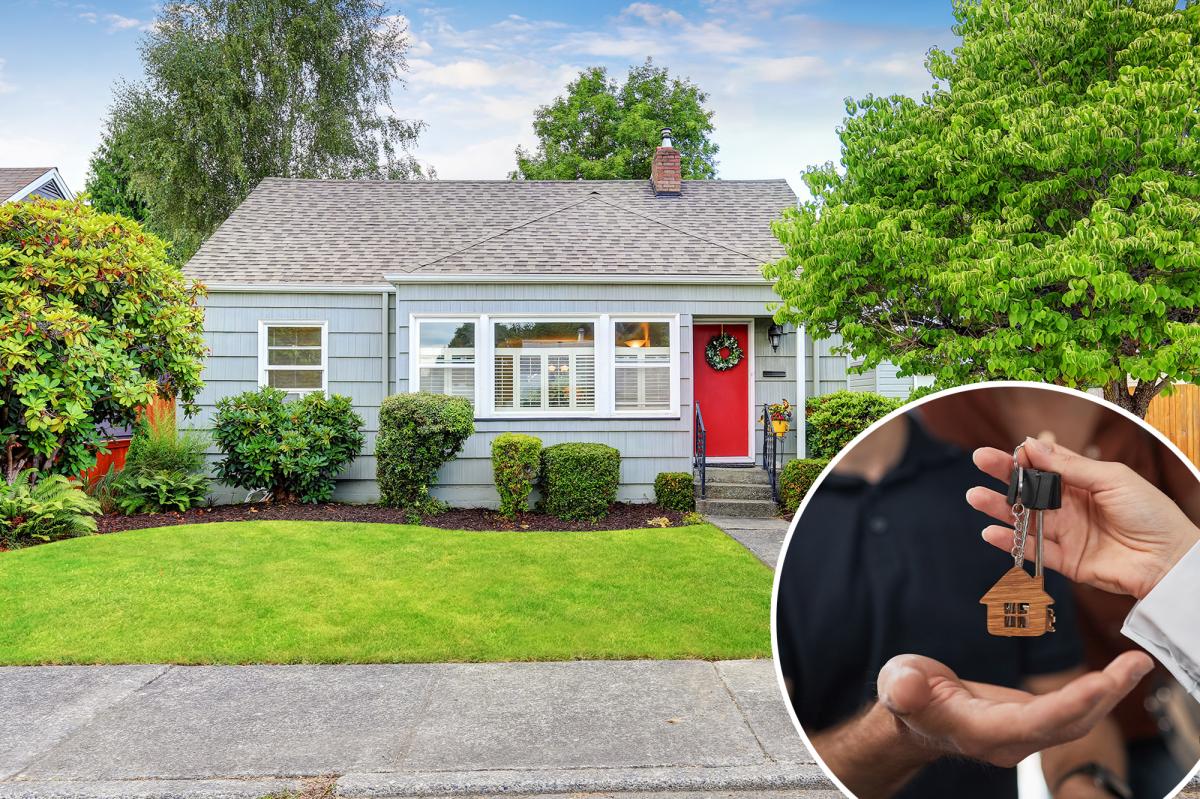G
etty images; Tyler Le/BI
The mortgage buydown backfire
Homebuyers made a big bet on lower mortgage rates. They're paying a high price.
Matt Hutton was living the millennial homeowner dream when he refinanced his home in 2019 to slash his interest costs after mortgage rates dropped to record lows during the pandemic. He and his wife sold their two-bedroom townhome for a gain of roughly $150,000 just five years later and used those earnings to buy a bigger house on a premium lot.
However, Hutton's new commute was a nightmare, taking at least half an hour to get to the highway, and the neighborhood was still under construction. By January, only a few months after they'd closed on the house, Hutton and his wife were already talking about moving.
Their dissatisfaction left them in a bind, as buying and selling so quickly is usually a recipe for financial loss. But there was one big issue that put Hutton in an especially bad spot: the builder of his current home had thrown in $30,000 worth of incentives to lure buyers like him, including a mortgage rate buydown.
Homeowners who got temporary buydowns in 2022 or 2023 have seen their gamble on rates fail spectacularly. The typical mortgage rate still hovers above 6.5%, and given the slowing market, industry analysts warn that these homeowners could see little in the way of equity gains before the full cost of the mortgage hits.
Rick Palacios Jr., director of research at John Burns Research and Consulting, has been sounding the alarm about the growing risks for buydown takers since last summer. "People are going to start putting those homes back into the market," he says, "and I think it's going to be a bit of a shock to them, what they have to reprice at."
The popularity of mortgage rate buydowns soared alongside mortgage rates in 2022. In April 2021, just 17% of mortgage borrowers got a permanent buydown of one percentage point or more, but by the same point in 2023, that share had surged to nearly 45%. Temporary buydowns are more niche, accounting for almost 5% of mortgage originations in late 2023.
However, people who agreed to time-limited incentives are starting to face a particularly harsh reality. To be clear, short-term buydowns aren't the reckless, adjustable-rate mortgages that fueled the housing bubble in the early 2000s – buyers who snag these deals have to prove they'd be able to handle the maximum amount they'll end up paying after the interest rate snaps back.
But being technically able to pay that extra money and actually shelling it out each month are two different things. With temporary buydowns, some agents and analysts warn that fresh homeowners may be counting on rates dropping in the near future, allowing them to refinance to a new, cheaper loan before their payments bump up to the normal level.
For buyers who got into the market two or three years ago, those dreams are fading fast. There's also the issue of lifestyle creep – if someone is used to saving a few hundred bucks on their loan each month, the jump to the full amount could be a bitter pill to swallow.
"I'm hearing more and more stories of buyer's remorse," says Jess Uphoff, a mortgage lender who previously worked for a homebuilder. Not long ago, a temporary buydown seemed like a win-win: Builders could keep list prices higher while still passing along savings to buyers in the form of lower monthly payments. But if one of those buyers is trying to sell now, they'll likely be competing against the same builder who sold them their home – "only the builder has been steadily lowering prices or layering on new incentives."
Uphoff says that homeowners often can't resell for what they originally paid. At the end of May, for example, the homebuilding giant Lennar said its average incentive per home had stretched to nearly $60,000, up from $44,000 a year prior.
Rate buydowns aren't always a trap for buyers. People who got a permanent buydown a few years ago may feel pretty good about that decision, given that rates haven't yet dropped significantly. But Lauryn Dempsey, a real estate agent in the Denver area, says she counsels buyers to make sure they'll be staying in the home for at least five to seven years if they get one of these deals.
Hutton's situation is an example of the pain that could be in store for others who made a similar tradeoff. He and his wife paid nearly $800,000 for their new house in 2024, while the builder bought down the mortgage rate by about one percentage point. They managed to sell the house for $800,000 – almost exactly what they paid for it, but down from their original asking price of $850,000.
The buyer also requested that the Huttons pay $40,000 for a rate buydown to match the terms the builder was offering for other new homes nearby. They agreed to the deal.
